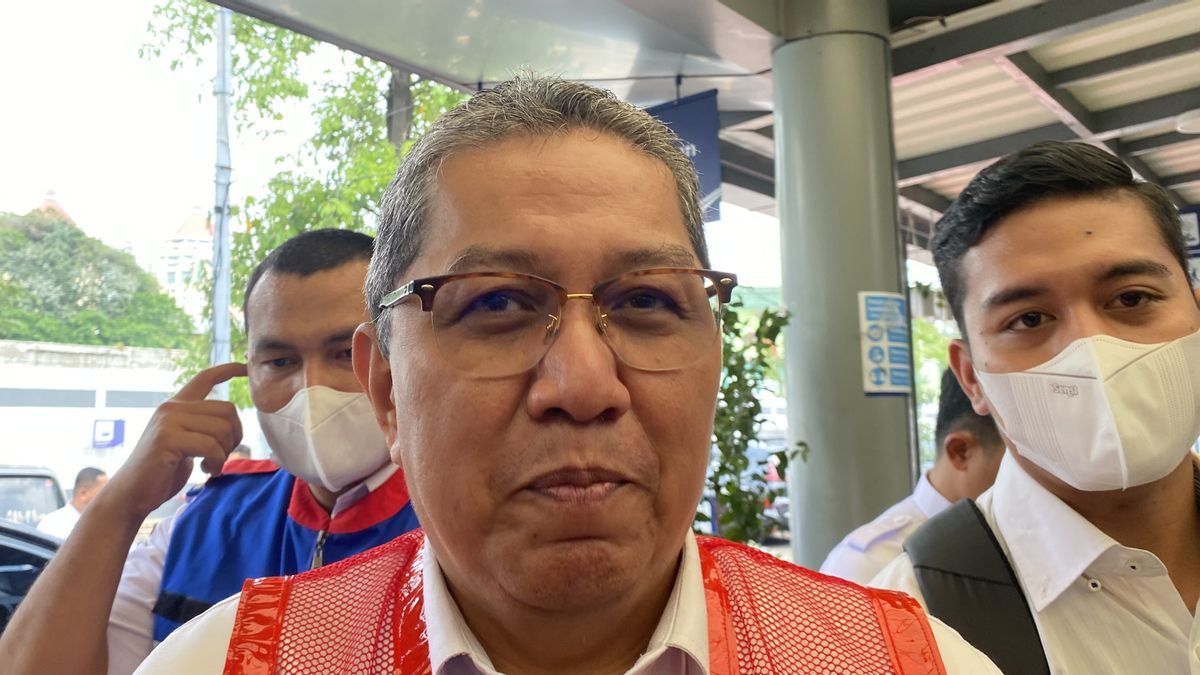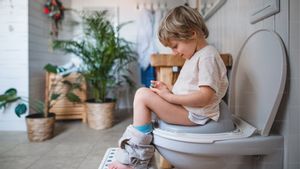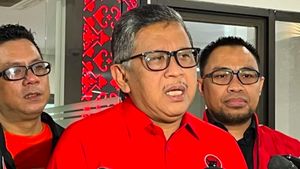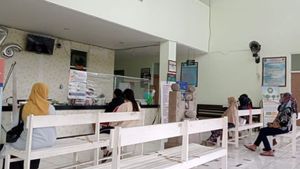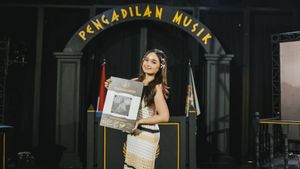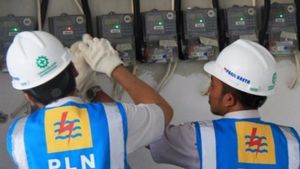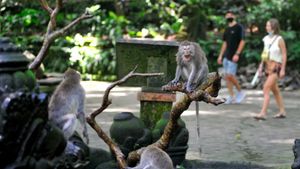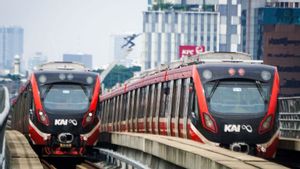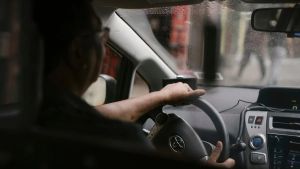The Ministry of Transportation (Kemenhub) through the Directorate General of Railways will conduct an evaluation related to the safety of train travel.
The evaluation was carried out reflecting on a number of accident incidents involving the train recently.
"We, together with related parties, are trying to explore these incidents so that the hope is that solutions can be formulated so that similar incidents do not happen again," said Director General of Railways, Ministry of Transportation Risal Wasal in an official statement, Monday, January 15.
As is known, on January 14, 2024, there were three accidents, namely between the car and the New Night South Train in Kab. Klaten.
Then, the car with the Wijayakusuma train in Banyuwangi Regency, and the car with the Datuk Blambangan train in Tebing Tinggi City.
A total of 3 people died in these incidents.
Sementara sebelumnya telah terjadi kecelakaan yang melibatkan KA Turangga dan KA Lokal Bandung Raya pada Jumat, 5 Januari 2024 di Cicalengka.
Regarding these incidents, Risal revealed that DJKA continues to improve on train lines and build double lanes to improve the safety, comfort and security of train travel.
"The construction of double lanes carried out by DJKA includes the Cirebon-Purwokerto-Yogya-Solo-Madiun-Wonochromo Segment (mpung in 2020), the Bogor-Sukabumi Segment (progres reached 97.14 percent and the Kiaracondong-Cicalengka Segment (Phase I completed 2022, Phase II progress reached 76.08 percent)," he said.
Meanwhile, to mitigate the occurrence of a drop, Risal said that DJKA has targeted to carry out 18 activities to increase railway infrastructure, including increasing lane capacity, as well as supporting operating facilities, by 2024.
In this case, he continued, DJKA targets that by 2024, 94 percent of all railway lines in Indonesia are in accordance with the Track Quality Index (TQI) standards in the 1st and 2nd categories.
"If our train line has reached the TQI quality standard Category 2, then the train can travel at speeds 80 to 100 km/hour, while with the TQI quality standard Category 2, trains can travel at speeds 100 to 120 km per hour safely and safely," explained Risal.
Handling Field Crossing
On the other hand, Risal said, DJKA also continues to encourage the handling of level crossings by involving the Ministry of PUPR, Regional Government, and related stakeholders.
"The involvement of the Regional Government in handling this level crossing is in accordance with the Regulation of the Minister of Transportation Number 94 of 2018 concerning the Improvement of the Safety of Crossings in A Field Between Railways and Roads," he explained.
Furthermore, Risal said that the handling of this level crossing had also been pursued by DJKA by eliminating or closing the crossing of adjacent plots of train (less than 800 meters) and/or less than 2 meters wide; installing a railway line sterilization fence, flyover or underpass development program; build collectors' roads or frontage road along train lines or alternative roads (traffic management).
Furthermore, the program for procuring crossing gates, early warning systems (EWS), and installing signs; road pavement repairs (modular concreate LX/synthetic LX); development of a level crossing observation system that performs automatic detection of obstacles at level crossings to prevent train accidents by road vehicles; Java and Sumatra crossing evaluation programs as well as socialization, campaigns and safety promotions at crossings.
"Our hope is that KAI as the operator will also take part in improving aspects of safety and service so that similar incidents do not happen again," said Risal.
However, in accordance with Law Number 23 of 2007 concerning Railways, the public is advised to continue to comply with traffic signs, prioritize train travel, and not break through crossings to prevent similar incidents from occurring.
"We hope for active participation from the community to be careful at level crossings in order to maintain security and safety together," concluded Risal.
The English, Chinese, Japanese, Arabic, and French versions are automatically generated by the AI. So there may still be inaccuracies in translating, please always see Indonesian as our main language. (system supported by DigitalSiber.id)
